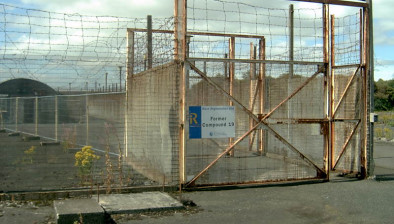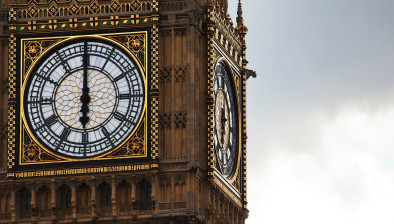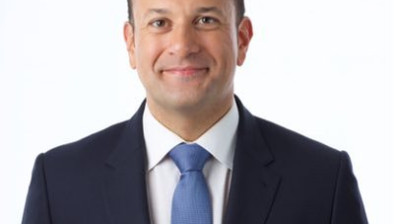UK: Liberty loses challenge to snoopers’ charter in High Court

Liberty has lost a High Court challenge against the UK’s surveillance laws, saying that the ruling allowed the government “to spy on every one of us”.
The rights group had challenged parts of the Investigatory Powers Act 2016 (IPA), known to its critics as the “snoopers’ charter”, as being incompatible with human rights law.
It told the court that the power to interfere with computers, phones and other equipment, amounted to the greatest invasion of individuals’ privacy.
But in a judgment yesterday, Lord Justice Singh and Mr Justice Holgate dismissed the claim and rejected the argument that the IPA “does not contain sufficient safeguards against the risk of abuse of power”.
They concluded that the legislation included a number of “safeguards against the possible abuse of power”.
Megan Goulding, a lawyer for Liberty, said that the “disappointing judgement” permitted the government to continue “to spy on every one of us, violating our rights to privacy and free expression”.
“We will challenge this judgment in the courts, and keep fighting for a targeted surveillance regime that respects our rights,” she said. “These bulk surveillance powers allow the state to hoover up the messages, calls and web history of hordes of ordinary people who are not suspected of any wrongdoing.”
Michelle Stanistreet, National Union of Journalists (NUJ) general secretary, said: “The legal judgment is a blow to journalists and press freedom. The union has consistently challenged the UK’s investigatory powers and the authorities continue to use extensive secret surveillance techniques.
“The NUJ is concerned that the ability to access journalistic communications, in particular bulk interceptions and interference, without prior independent authority, places whistleblowers and sources at risk, and makes it more difficult to hold those in power to account.
“This risks jeopardising the role of the media as the public’s watchdog. The NUJ will now consider the judgment in more detail with a view to appealing.”







